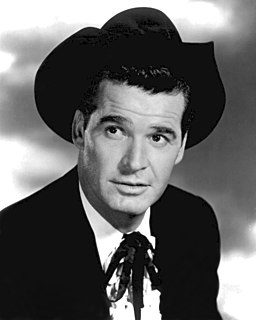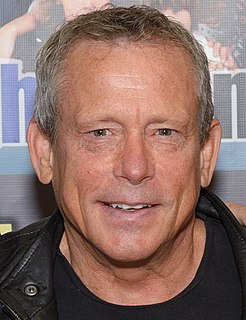A Quote by Bill Foster
Scientists want to know the evidence behind a statement; they want reproducible tests and verifiable facts. There is a big difference in the thought process of a trial lawyer who is interested not in what's true but what he can convince a jury is true.
Related Quotes
I can assure the conspiracy theorists who have very effectively savaged [Gerald] Posner in their books that they're going to have a much, much more difficult time with me. As a trial lawyer in front of a jury and an author of true-crime books, credibility has always meant everything to me. My only master and my only mistress are the facts and objectivity. I have no others.
The true Enlightenment thinker, the true rationalist, never wants to talk anyone into anything. No, he does not even want to convince; all the time he is aware that he may be wrong. Above all, he values the intellectual independence of others too highly to want to convince them in important matters. He would much rather invite contradiction, preferably in the form of rational and disciplined criticism. He seeks not to convince but to arouse - to challenge others to form free opinions.
I believed there was enough evidence to go to trial. Grand jury said there wasn't. Okay, fine. Do I have a right to disagree with the grand jury? Many Americans believe O.J. Simpson was guilty. A jury said he wasn't. So I have as much right to question a jury as they do. Does it make somebody a racist? No! They just disagreed with the jury. So did I.
All religions, plainly and simply, cannot be true. Some beliefs are false, and we know them to be false. So it does no good to put a halo on the notion of tolerance as if everything could be equally true. To deem all beliefs equally true is sheer nonsense for the simple reason that to deny that statement would also, then, be true. But if the denial of the statement is also true, then all religions are not true.
I don't want to know what's good, or bad, or true. I let God worry about the truth. I just want to know the momentary fact about things. Life isn't good, or bad, or true. It's merely factual, it's sensual, it's alive. My idea of living sensual facts are you, a home, a country, a world, a universe, in that order.
As I've grown as an artist, I've learned that my mission statement is really self-expression. I don't want anybody to classify my music. I want them to say, "This is somebody who's recognizing his true feelings, his true emotions, ideas, thoughts, opinions, and views on the world, all on one record." I want people to recognize that and to take it and apply it to their own lives. You know what I'm saying? The more and more I get out and talk to different people, I realize they appreciate that - me being unapologetic in whatever views and approach I have.
































